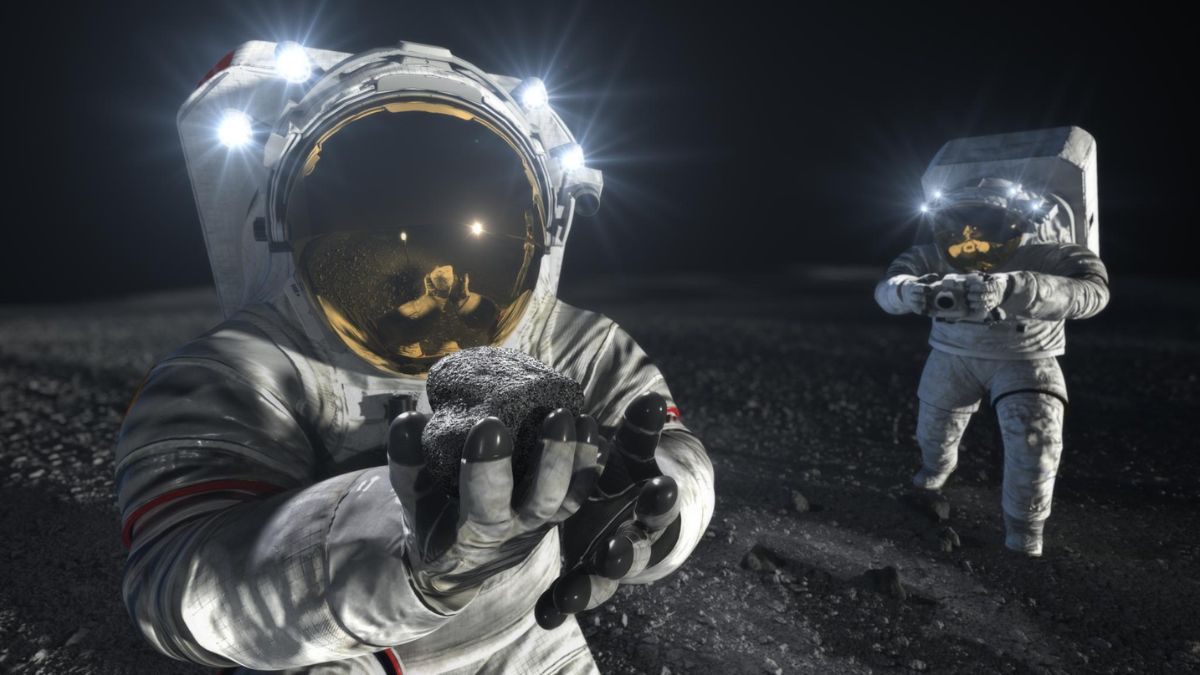As Japan joins the ranks of nations achieving a successful soft landing on the moon’s surface, the competition for lunar exploration intensifies. With the U.S., China, India, and Russia already making strides in lunar missions, more than 100 additional missions, both by governments and private companies, are anticipated globally by 2030, according to the European Space Agency.
Why the Rush?
“The moon is a proving ground,” emphasized Michelle Hanlon, Executive Director at the Center for Air and Space Law at the University of Mississippi. She noted that reaching the moon is essential for humanity to learn how to live in space and harness its resources, serving as a crucial stepping stone for future space exploration and utilization.
Riches in the Universe
One driving force behind the lunar exploration race is the pursuit of valuable resources. Rare-earth metals and helium-3, an isotope abundant on the moon, are among the sought-after treasures. While helium-3 is rare on Earth, theories suggest it could power nuclear fusion reactors, potentially providing a long-term energy solution for the entire planet.
Hanlon highlighted the significance, stating, “Once we figure that out, the helium-3 on the moon could seriously power the Earth, the entire Earth, for centuries.”
Water: A Vital Resource
Water is another critical resource drawing countries to the moon. Beyond its importance for human survival, lunar water can be transformed into rocket fuel, potentially turning the moon into a refueling station for rockets and a launching pad for deeper space exploration.
Geopolitical Significance
Dean Cheng, Senior Advisor for the China program at the United States Institute of Peace, emphasized that establishing a significant lunar presence is not only a scientific endeavor but also a geopolitical statement. Nations with a foothold on the moon demonstrate their political and economic prowess, contributing to the ongoing geopolitical competition.
The global race to the moon reflects the convergence of scientific exploration, resource extraction, and geopolitical ambitions. As countries and private entities strive to unlock the potential of Earth’s celestial neighbor, the moon emerges as a key player in shaping the future of space exploration and resource utilization.


